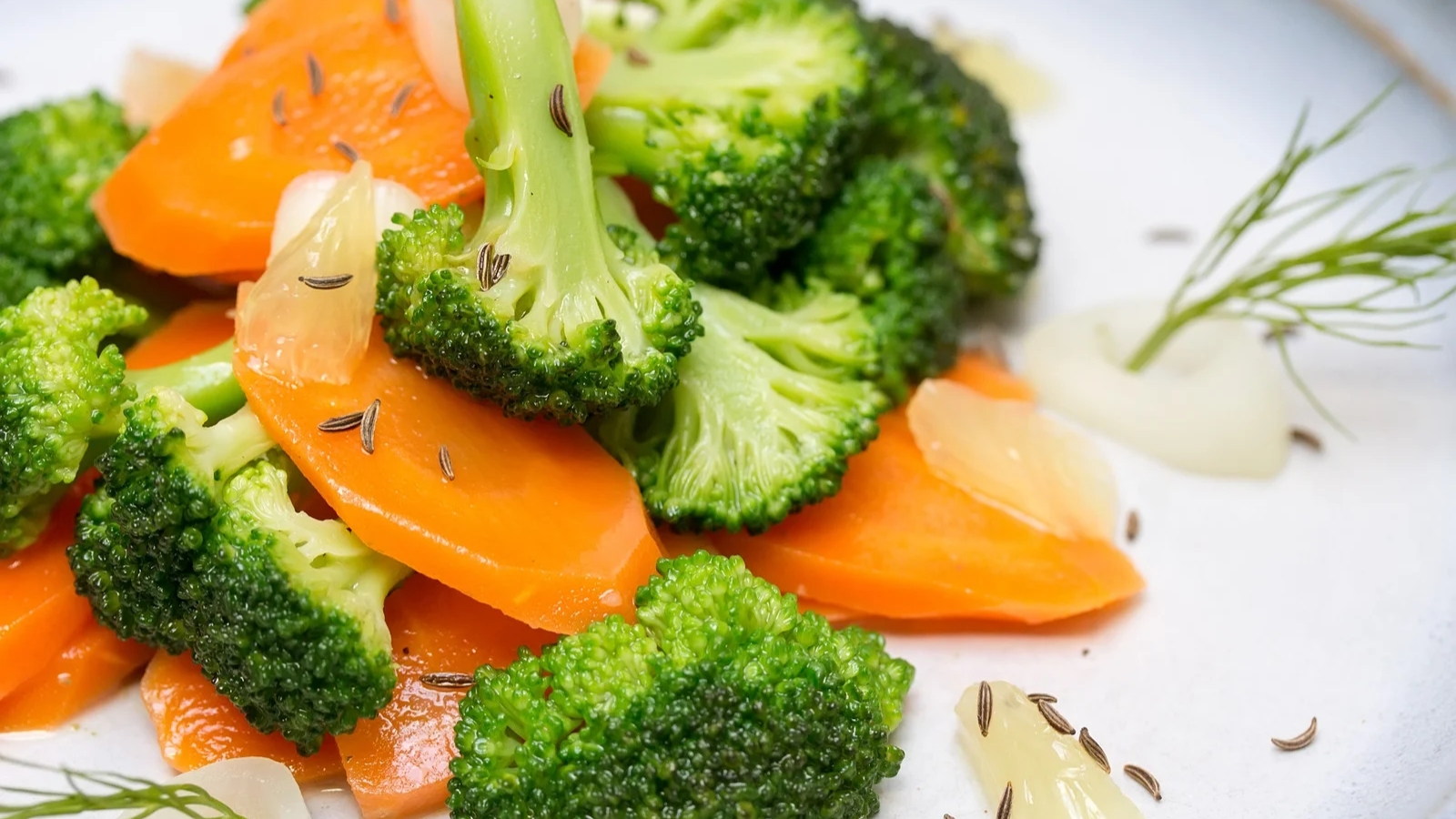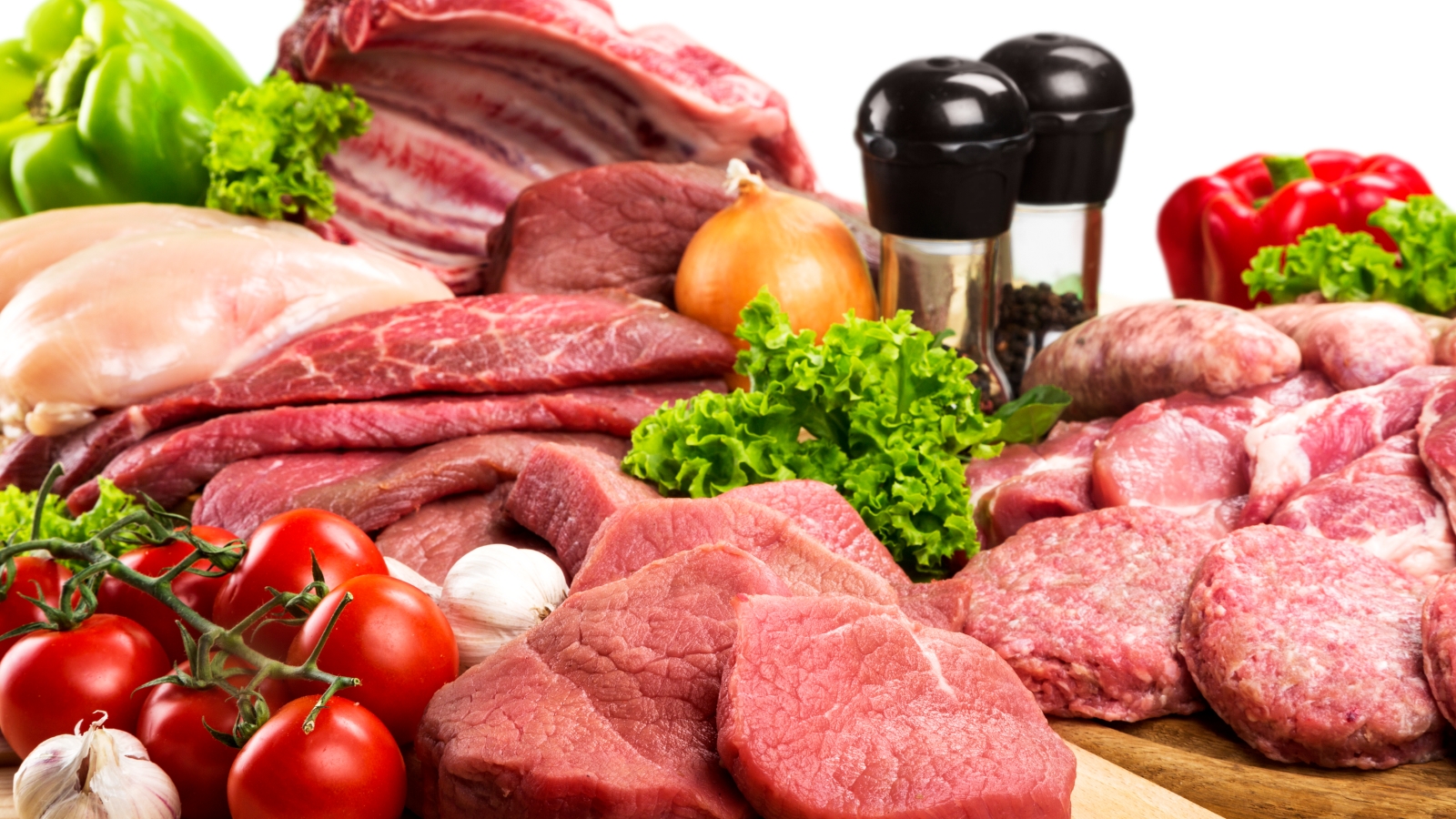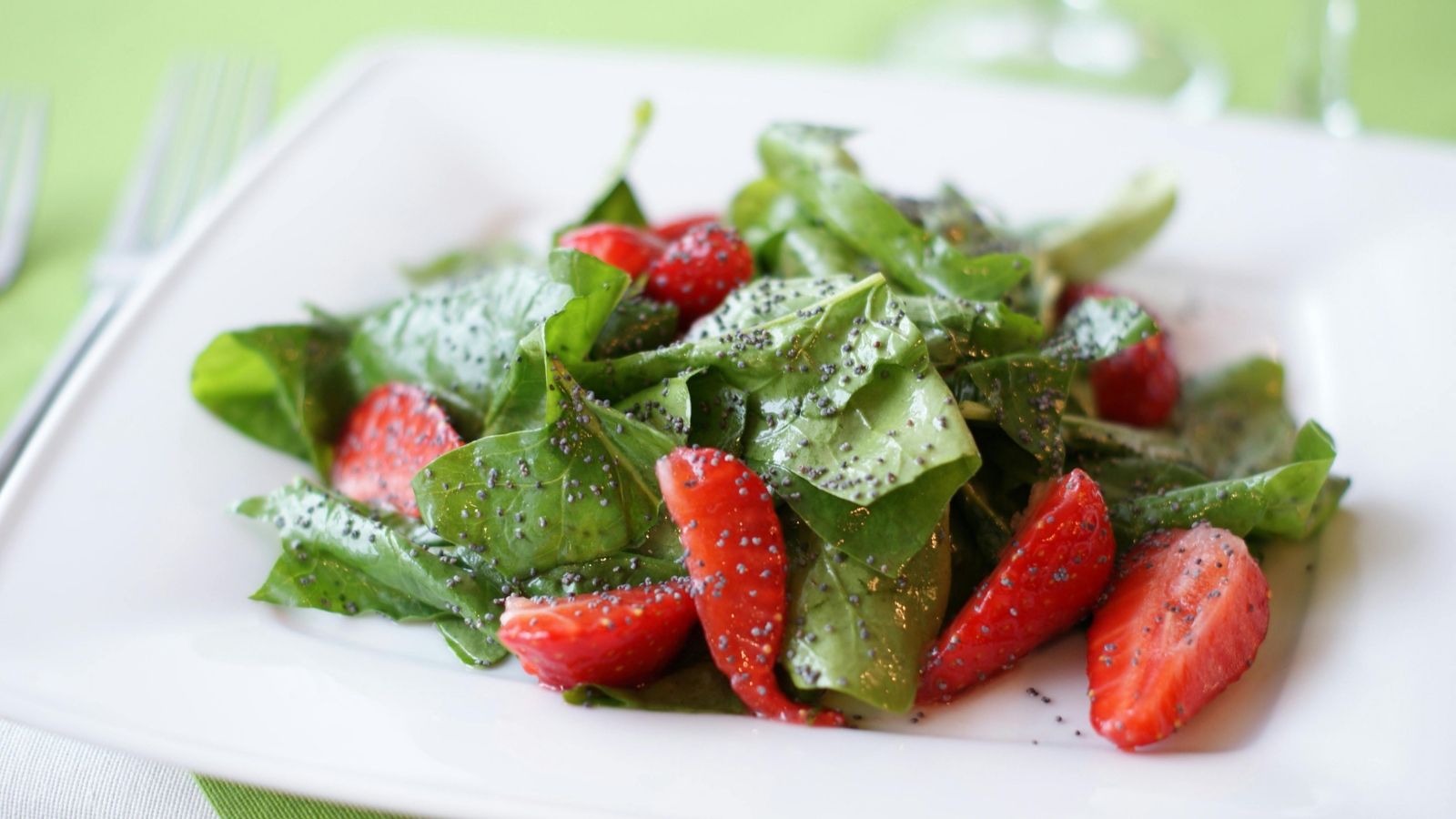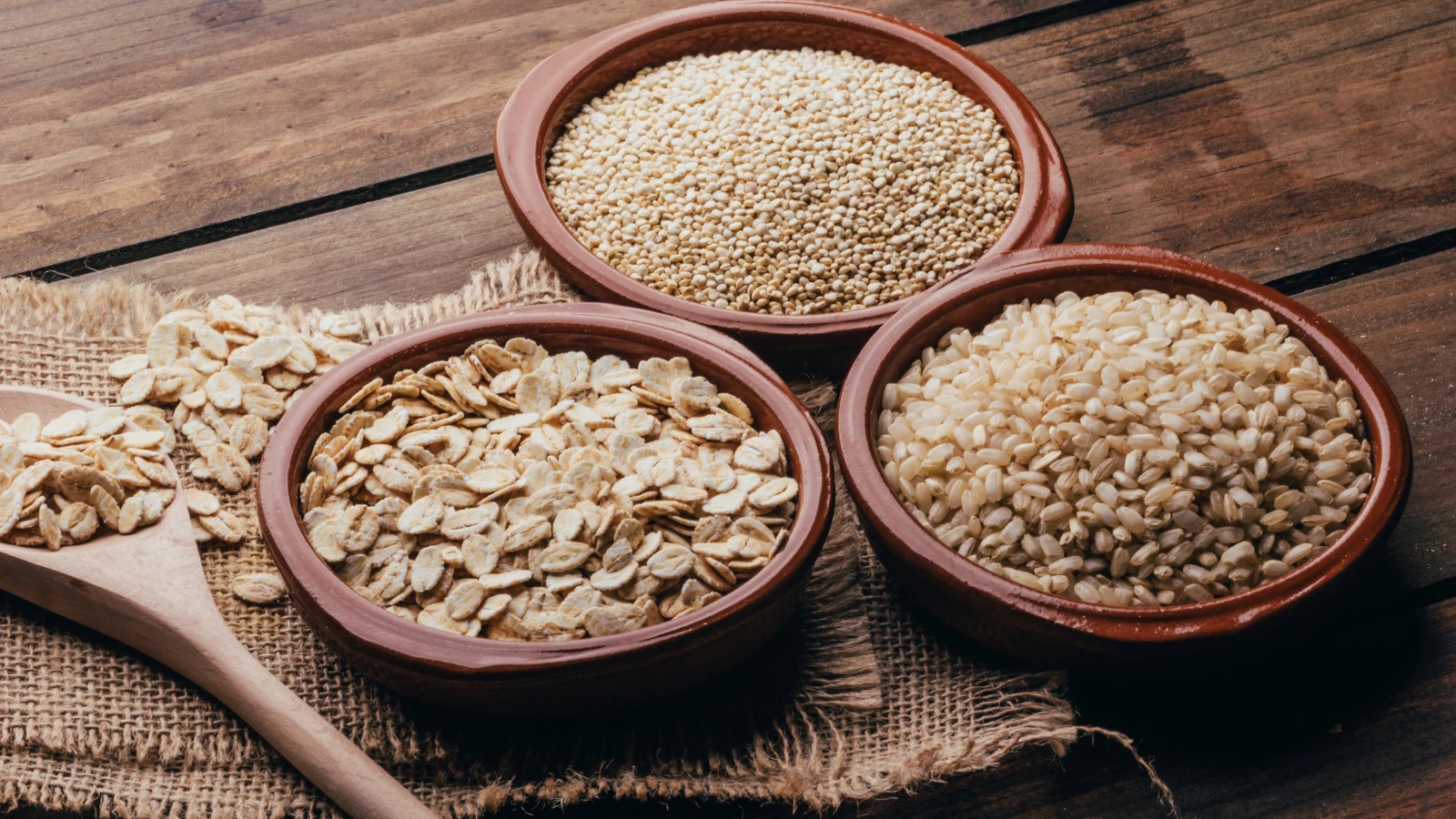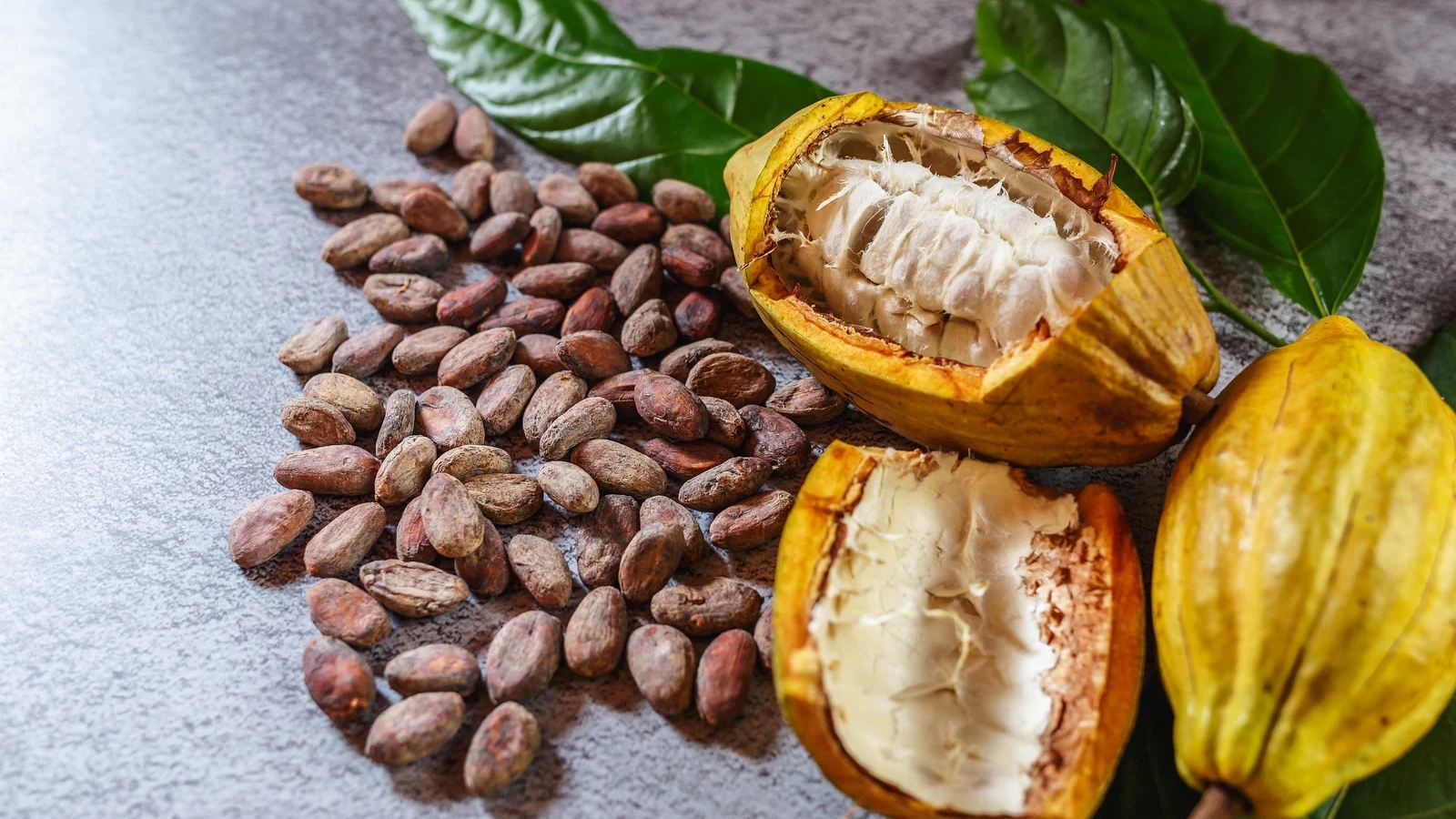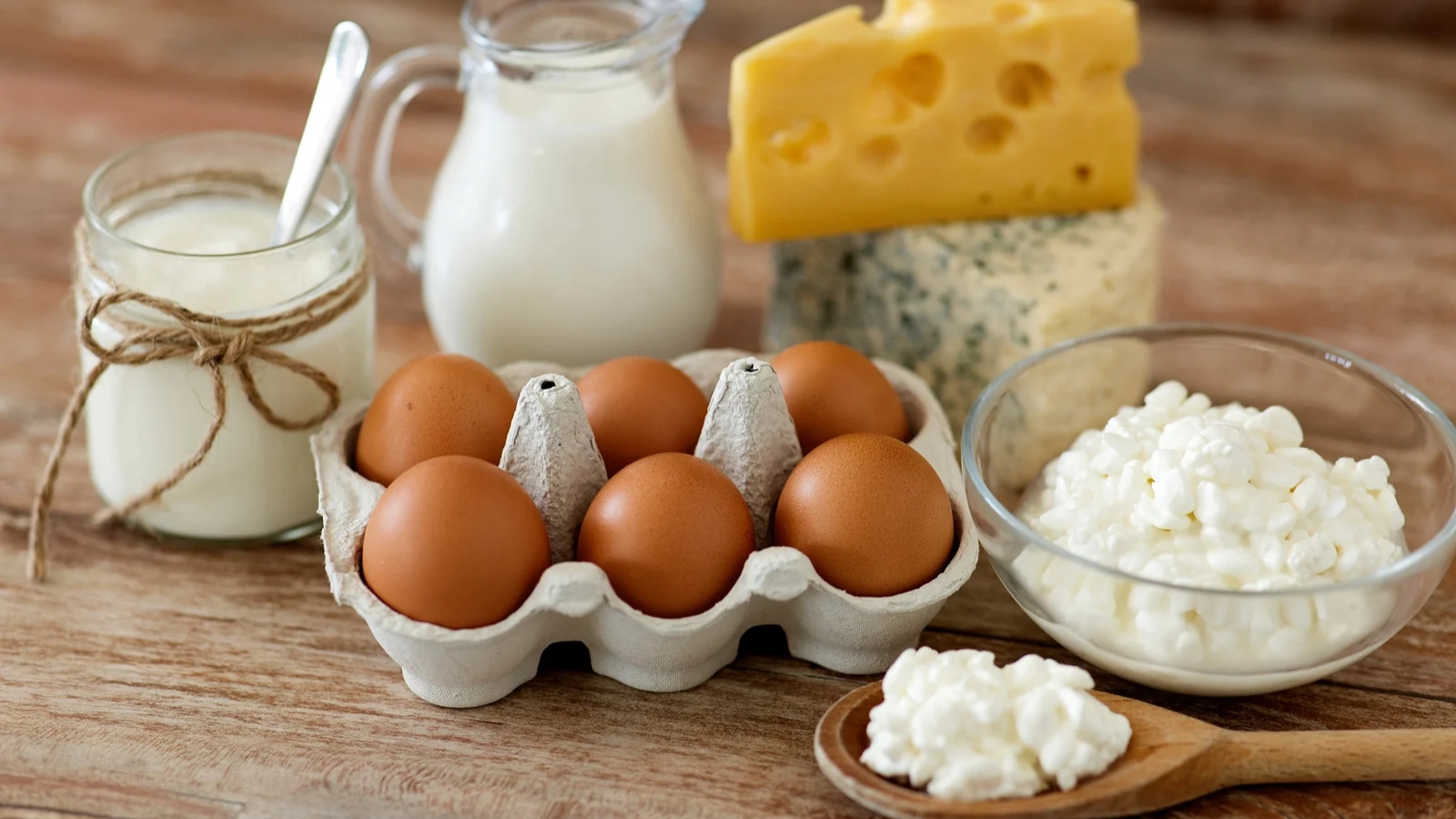Menstruation can bring physical discomfort that disrupts your routine. Bloating and fatigue are two of the most common symptoms during this time. They often result from hormonal changes, fluid retention, and shifts in energy levels. Making the right food choices can help manage these symptoms and make your period more manageable.
This article will explain which foods can help reduce bloating and fatigue during your period. You will learn why these foods work, how to incorporate them into your meals, and which eating habits can support your overall comfort.
Focus on Potassium-Rich Foods
Potassium helps regulate fluid balance in your body. This mineral supports kidney function, which can reduce water retention, thereby contributing to reduced bloating. Eating more potassium-rich foods during your period may help you feel less puffy and uncomfortable.
Potassium-rich foods include:
- Bananas
- Sweet potatoes
- Spinach
- Avocados
- White beans
Bananas are easy to carry and can be eaten on the go. Sweet potatoes are made as a filling side dish for lunch or dinner. Spinach can be used in salads, omelets, or smoothies for a nutrient boost. Avocados can be mashed on toast or added to salads. White beans can be included in soups or mixed into vegetable dishes.
Choose Magnesium-Containing Foods
Magnesium supports muscle relaxation and may help reduce menstrual cramps. It also plays a role in regulating blood sugar, which can help keep your energy stable. This is important if you often feel tired during your period.
Good sources of magnesium include:
- Almonds
- Pumpkin seeds
- Black beans
- Dark chocolate with high cocoa content
- Swiss chard
Snack on a small handful of almonds or pumpkin seeds between meals. Use black beans in a burrito bowl or as a side dish. Dark chocolate can satisfy a sweet craving while supplying minerals. Swiss chard can be sautéed with olive oil and garlic as a simple side.
Eat Fiber-Rich Vegetables
Fiber supports healthy digestion and helps your body remove excess hormones. It can also ease bloating by reducing constipation, which sometimes occurs during menstruation. Vegetables are an excellent source of fiber, along with vitamins and minerals.
Examples include:
- Broccoli
- Carrots
- Zucchini
- Bell peppers
- Brussels sprouts
Broccoli and carrots can be eaten raw with hummus or cooked in stir-fries. Zucchini can be grilled or sautéed. Bell peppers add color and crunch to salads. Brussels sprouts can be roasted for a flavorful side.
Include Iron-Rich Foods
Menstrual bleeding can lead to a drop in iron levels, which may contribute to fatigue. Eating iron-rich foods can help maintain healthy levels and support energy production. This is especially important if you experience heavy periods.
Sources of iron include:
- Lean red meat
- Chicken
- Turkey
- Lentils
- Spinach
Lean red meat can be grilled or cooked in stews. Chicken and turkey can be roasted or added to salads. Lentils are excellent in soups or curries. Spinach can be included in pasta dishes or smoothies.
Pairing Iron with Vitamin C
Your body absorbs iron better when it is eaten with vitamin C. This can be as simple as adding:
- Strawberries to a spinach salad
- Bell peppers for a chicken stir-fry
- Citrus fruit alongside a lentil dish
Opt for Complex Carbohydrates
Complex carbohydrates provide steady energy and help avoid blood sugar spikes that can worsen fatigue. They also support the release of serotonin, which can improve mood during your period.
Examples include:
- Brown rice
- Quinoa
- Oats
- Whole wheat bread
- Barley
Brown rice works well as a base for vegetable stir-fries. Quinoa can be mixed with roasted vegetables. Oats are ideal for breakfast with fresh fruit. Whole wheat bread makes a satisfying sandwich. Barley can be used in soups for extra texture.
Stay Hydrated with Water and Herbal Teas
Proper hydration can help reduce bloating by supporting kidney function and digestion. Dehydration can also worsen fatigue. Aim to drink enough fluids throughout the day.
In addition to plain water, try herbal teas such as:
- Peppermint tea for digestion
- Ginger tea for nausea and cramping
- Chamomile tea for relaxation
Avoid excessive caffeine, which can cause dehydration and may increase anxiety or irritability during your period.
Add Healthy Fats for Energy
Healthy fats provide a concentrated source of energy, which can help if you are feeling sluggish. They also support hormone production and the absorption of fat-soluble vitamins.
Good sources include:
- Olive oil
- Nuts
- Seeds
- Fatty fish like salmon or sardines
Olive oil can be used for cooking or salad dressings. Nuts and seeds make portable snacks. Fatty fish can be grilled or baked with herbs and lemon.
Limit Processed and High-Sodium Foods
While it may be tempting to reach for salty snacks during your period, high sodium intake can increase water retention and bloating. Processed foods often contain added sodium and preservatives that can worsen discomfort.
Instead of packaged chips or instant noodles, choose:
- Fresh fruit
- Unsalted nuts
- Homemade popcorn
- Freshly prepared meals
Eat Small, Balanced Meals
Large meals can exacerbate bloating. Eating smaller, balanced meals throughout the day can help keep digestion steady and prevent excessive fullness.
Each meal should include:
- A source of protein
- A serving of vegetables
- Whole grains or starchy vegetables
- Healthy fats
For example, grilled chicken with quinoa, steamed broccoli, and avocado makes a balanced lunch.
Keep Calcium in Your Diet
Calcium supports muscle and nerve function, which can help with cramping. It also plays a role in bone health and can be part of your overall nutrition during your period.
Sources include:
- Yogurt
- Cheese
- Milk
- Leafy greens
- Fortified plant-based milk
Yogurt can be paired with berries for a snack, cheese can be part of a salad or sandwich, and leafy greens like kale can be included in stir-fries or soups.
Include Anti-Inflammatory Foods
Inflammation can worsen bloating and fatigue during your period. Certain foods contain compounds that may help reduce inflammation.
These include:
- Berries
- Tomatoes
- Turmeric
- Green leafy vegetables
- Fatty fish
Berries can be added to oatmeal, smooth tomatoes can be added to pasta sauces, and turmeric can be used in soups or rice dishes. Fatty fish provides both protein and anti-inflammatory omega-3 fats.
Plan Your Period-Friendly Grocery List
Planning can help you stay consistent with these choices. Stock your kitchen with:
- Fresh fruits and vegetables
- Whole grains
- Lean proteins
- Healthy fats
- Herbal teas
Preparing meals in advance can reduce stress and make eating well during your period easier.
Conclusion
Eating the right foods during your period can help reduce bloating and fight fatigue. Focusing on nutrient-rich options like potassium-rich produce, iron-containing proteins, complex carbohydrates, and healthy fats can support your body’s needs during this time.
Simple habits such as staying hydrated, limiting processed foods, and eating smaller, balanced meals can make a noticeable difference. Choosing your foods carefully gives you a better chance of feeling comfortable and energized throughout your cycle.

